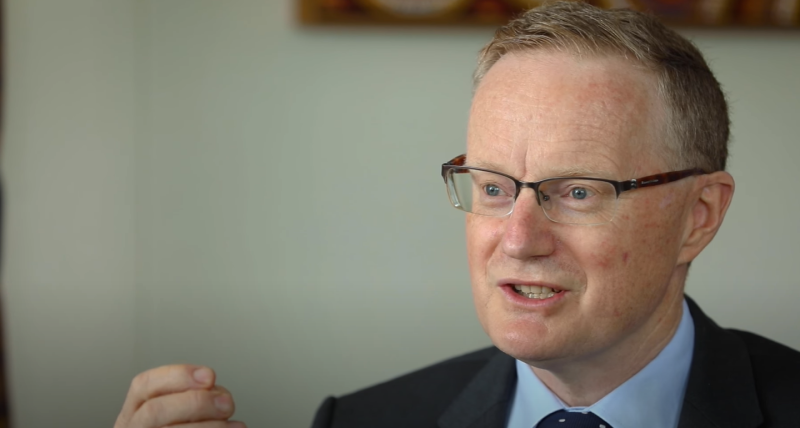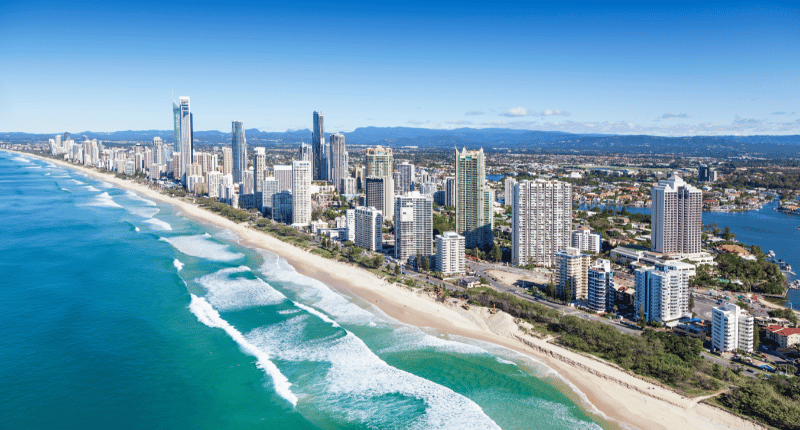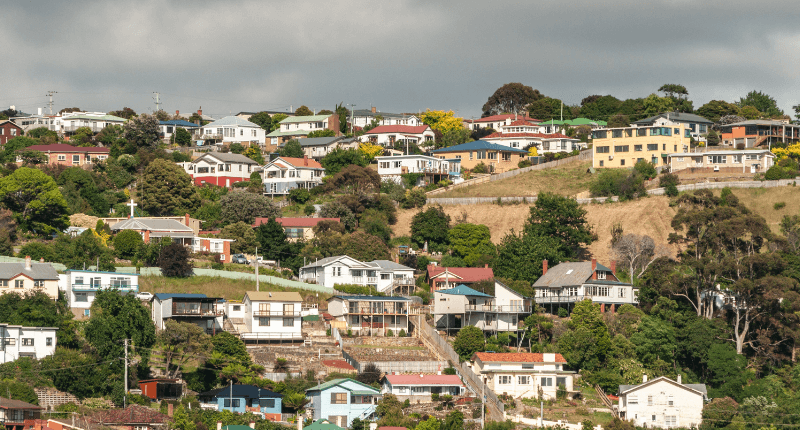- As expected, the Reserve Bank has increased the cash rate to 1.35%
- Inflation is 5.3%, well above the 2-3% target range
- Comes amid warnings for mortgage payers to brace for large interest rate rises
At its monthly meeting today, the Reserve Bank of Australia (RBA) has announced another rise in the cash rate from 0.85% to 1.35%.
This is the third consecutive rise in the cash rate, and comes amid higher levels of inflation – 5.1% during the March 2022 quarter, well above the central bank’s target of 2-3%.
In his post-meeting statement, RBA Governor Philip Lowe noted that inflation is high globally.
“It is being boosted by COVID-related disruptions to supply chains, the war in Ukraine and strong demand which is putting pressure on productive capacity,” he said.
“Monetary policy globally is responding to this higher inflation, although it will be some time yet before inflation returns to target in most countries.”
“Inflation in Australia is also high, but not as high as it is in many other countries. Global factors account for much of the increase in inflation in Australia, but domestic factors are also playing a role.
“Strong demand, a tight labour market and capacity constraints in some sectors are contributing to the upward pressure on prices. The floods are also affecting some prices.
Philip Lowe, Reserve Bank Governor
“Inflation is forecast to peak later this year and then decline back towards the 2–3 per cent range next year.”
Dr Lowe also said the economy remains resilient, noting the low unemployment rate of 3.9% – extraordinary given the natural rate of unemployment is 5%.
However, he warned a major uncertainty could be household spending, in light of higher interest rates and rising cost of living.
“The recent spending data have been positive, although household budgets are under pressure from higher prices and higher interest rates.
“The household saving rate remains higher than it was before the pandemic and many households have built up large financial buffers and are benefiting from stronger income growth.
“The Board will be paying close attention to these various influences on household spending as it assesses the appropriate setting of monetary policy.”
Comes amid warnings to buyers and owners
Many property and finance experts have warned homeowners to embrace for significantly higher interest rates.
Damien Roylance, Managing Director of Melbourne-based brokerage Entourage, has warned that the borrowing capacity of buyers could fall by 20% if variable home loan rates rise to 5% during the current interest rate cycle.
Many economists predict the rate could rise to 2.5% – to put this into perspective, the Reserve Bank of New Zealand currently has the cash rate at 2%.
“If an applicant has annual income of $200,000 and no debt, their borrowing capacity on a 2.5% variable loan was around $1.4 million before this new rates cycle,” said Mr Roylance, who was named the Mortgage and Finance Association of Australia’s Finance Broker of the Year.
“But if interest rates continue climb to five percent, their borrowing capacity drops to around $1.1m – that’s 20% less.
“What type of house and the suburbs buyers might be able to afford right now could be completely different 12 months from now.”
Mr Roylance said it was likely that rising rates will take some buyers out of the market, leading to a softening of house prices.
“It’s difficult to speak with confidence about what impact the RBA’s monetary policy will eventually have on real estate prices, but we can be certain that buyers will be borrowing less, in any event,” he said.
“It’s critical that buyers have a quality broker and buyer advisor in their team to navigate the changes ahead so they can still purchase with confidence.”
Due to tightening by APRA last year, now loan applicants need to show they can afford a loan at 3% above their actual interest rate.
“If rates double, that doesn’t mean your principal and interest repayments double,” he said.
“We’ve had some clients call us worried about that and it’s very reassuring to let them know their repayments won’t double if rates do.
“However, if you have an interest only loan though and rates double, then your monthly repayments double as well.”
New research conducted by Canstar has also reiterated that the majority of Australians are against or unsure about the rapid approach now being used by the Reserve bank to dampen inflation.
“The struggle to balance the household budget is weighing heavily on Australians and undermining support for the rapid pace of interest rate increases,” said Steve Mickenbecker, Canstar’s finance expert.
“Home loan borrowers who are hit directly in the hip pocket by rising interest rates are naturally more opposed to the increases than the general community, with 46 percent of mortgage holders against rapid rate rises compared to just 24 percent of people who own their home outright.”
“Conversely many Baby Boomers who are likely to be living at least partially on interest earnings and struggling with inflation on a fixed income, tip to the positive side with 46 percent of those in their sixties supporting the fast pace and succession of rate rises.
“The gap between borrowers opposing the pace of rate rises compared with savers supporting it, is clear. Self-interest drives both positions.
“But there is still a considerable proportion of savers who are against the pace of interest rate increases and must be taking a broader view of the state of the economy and prospects for the future.”
Steve Mickenbecker, Canstar
Worryingly, the survey found that 41% won’t or don’t know if they will be able to pay at least one of their current bills or loan repayments during the next six months.








